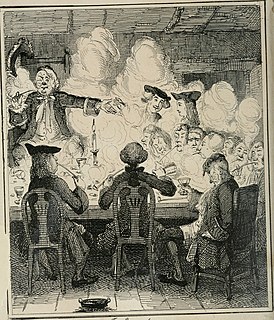A Quote by Cesare Pavese
The man of action is not the headstrong fool who rushes into danger with no thought for himself, but the man who puts into practice the things he knows.
Related Quotes
There are four types of men in this world: 1. The man who knows, and knows that he knows; he is wise, so consult him. 2. The man who knows, but doesn't know that he knows; help him not forget what he knows. 3. The man who knows not, and knows that he knows not; teach him. 4. Finally, there is the man who knows not but pretends that he knows; he is a fool, so avoid him.
For the essence of sin is man substituting himself for God [Gen. 3:1-7], while the essence of salvation is God substituting himself for man [2 Cor. 5:21]. Man asserts himself against God and puts himself where only God deserves to be; God sacrifices himself for man and puts himself where only man deserves to be.
Thought is more than a right - it is the very breath of man. Whoever fetters thought attacks man himself. To speak, to write, to publish, are things, so far as the right is concerned, absolutely identical. They are the ever-enlarging circles of intelligence in action; they are the sonorous waves of thought.






































